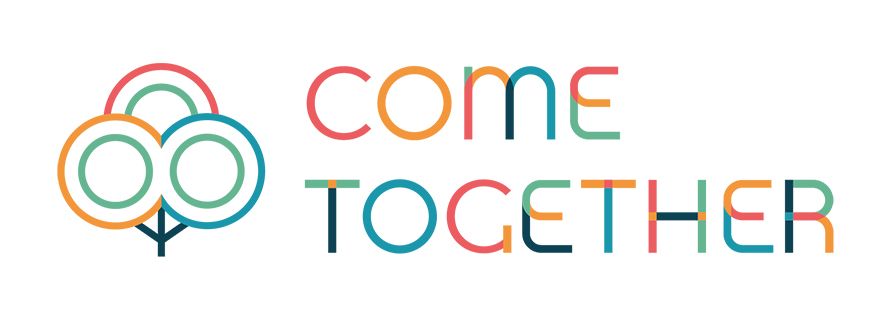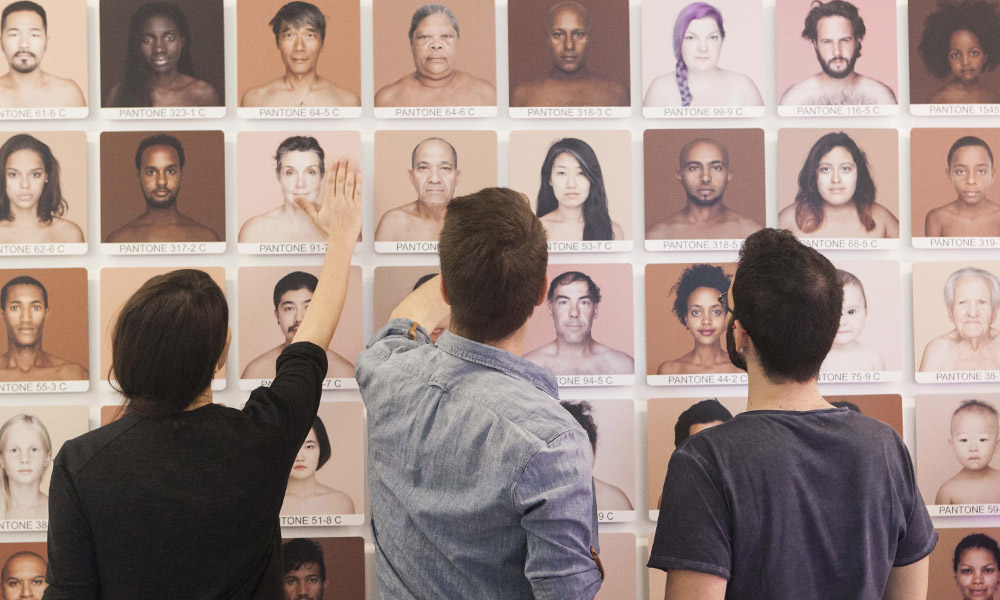The project partners gathered in Milan for a three-day co-creation workshop (July 16-18) hosted by the project's lead partner, the Leonardo da Vinci Museum of Science and Technology. We were joined by three hub members coming from Austria, Germany and France. The meeting was centered on designing the initial version of the international training program for scientists, NGO workers and educators who will conduct educational activities with and for the project's target groups.
 |
| Project team at the beginning of the meeting. |
 |
Catherine Oualian, the trainer at Universcience,
facilitates the meeting. |
Catherine Oualian and Fannie Le Floch, two excellent facilitators from our French partner, the science center Universcience, carefully prepared and conducted the co-creation workshop, which included lectures, discussions, and varied activities. We heard from three outstanding speakers who provided insight into the intertwining of two project topics: climate change and the engagement of various vulnerable social groups in these debates.
Sociologist Clémence Perronnet introduced the concept of inclusion and emphasized that there are numerous factors that contribute to social group discrimination, such as race, gender, age, religion, class, and disability, that must be taken into account when planning educational activities.
Lorenzo De Vidovich, also a sociologist, addressed the question of social justice in energy use, focusing on the relationship between the social and environmental crises, as well as how energy transition initiatives may affect marginalized socioeconomic groups and geographical peripheries.
Sandi Horvat, journalist, writer and representative of the Roma Academic Club from Slovenia, provided a very comprehensive overview of crucial factors to take into account when working with and for underprivileged communities.
We also learned about the Green Ethics project, which is being run by the University of Turin's Social and Community Theatre Center and the university itself. First, Alberto Pagliarino provided us with the theoretical framework of their work, and then we attempted some of the community theater's approaches ourselves, guided by Maurizio Bertolini.
 |
| Community Theatre Center's workshop with Maurizio Bertolini. |
We also served as an audience for activities created and implemented in our respective organizations which benefited us in developing the international training program. Sarah Klemisch from the Ethnological Museum Berlin introduced us to the Speculative Design through imagining the future of our city and its resources. Balduin Landl and Constantin Holmer from the ScienceCenter-Network have tested the discussion game, as well as conducted a series of experiments to teach us about CO2. Fabrizio Stavola of the National Museum of Science and Technology "Leonardo da Vinci" encouraged us to consider the complexities of the climate crisis by investigating the mechanisms of toy operation. Katarina Nahtigal and Tina Palaić from the Slovene Ethographic Museum presented the museum program of personal exhibitions created by various individuals and social groups, with a focus on collaboration with Roma communities in Slovenia.
 |
| Learning how the toy mechanisms work. |
 |
| CO2 experiments. |
The majority of the meeting was spent planning the international training program, which we devised based on our professional knowledge and experience, as well as the skills, needs, wishes, and interests of the national hub members. We defined the critical themes we want to explore in the training, determined the pedagogical objective of the selected training sequences, and suggested a teaching techniques to achieve the goal.
 |
| Working on the selected training sequences. |

The two-day international training will be aimed at scientists, NGO workers, and educators who will be conducting educational activities with and for the project's target groups. It will be done online on October 15th and 22nd.
Dear hub members, thank you once again for your dedication and efforts. We look forward to continuing this journey together and making a meaningful impact.











